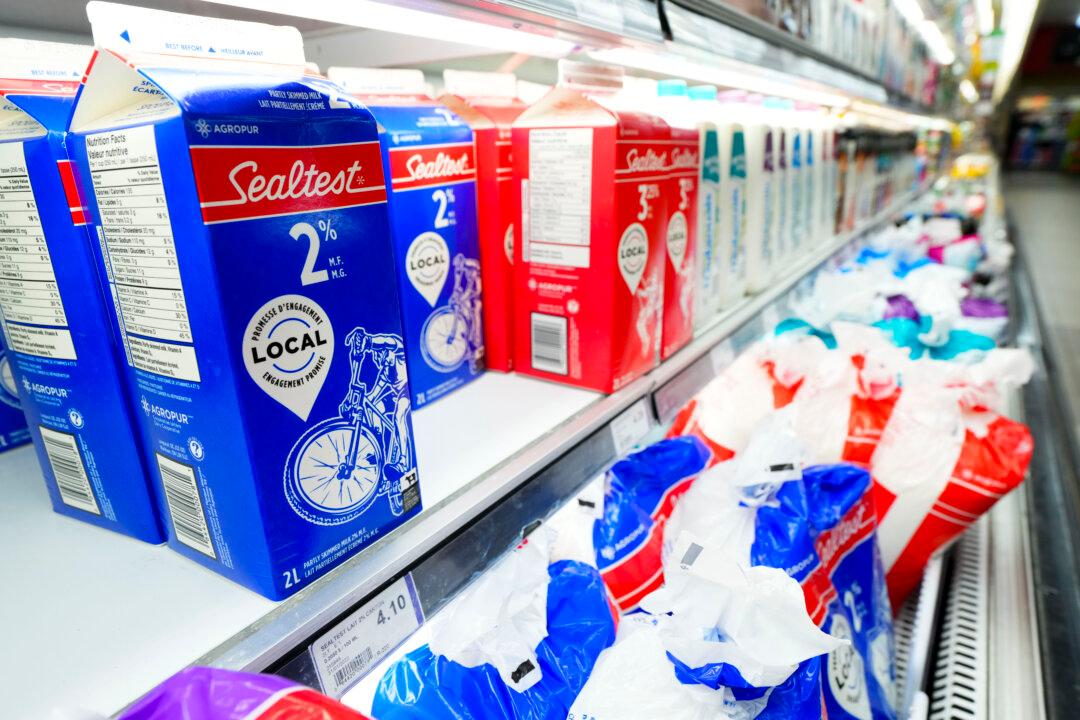A new report from Ottawa Public Health (OPH) says one in seven households in the nation’s capital city are facing “food insecurity,” defined as “inadequate or unstable access to food due to financial constraints,” with poverty being the root cause.
The Nutritious Food Basket (NFB) is a survey normally conducted by the OPH each year in May to measure the cost of basic healthy eating. However, due to COVID-19 priorities in 2020 and 2021, this is the first year since 2019 that the survey has resumed.





